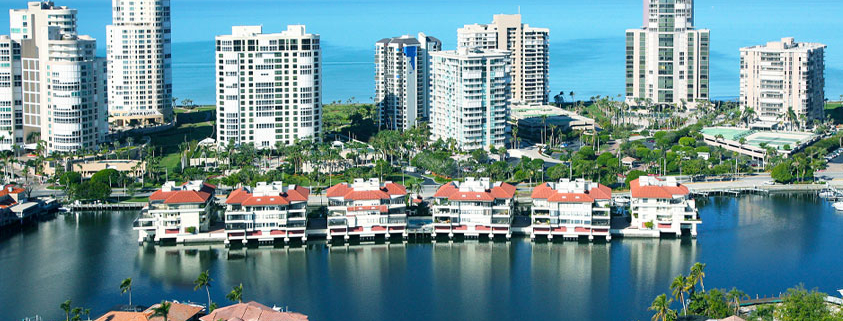The Surfside Tower collapsed last year in Miami and the Surfside Bills collapsed in this year’s Florida Legislature
There were two Florida Senate bills and one House of Representative bill considered by the Florida Legislature in this year’s session to address the collapse of the Surfside Tower last year. The intent of the proposed bills were to help prevent similar Condo Building collapses in the future. The bills were withdrawn prior to legislative vote.
Although the legislation was not voted upon or approved, it is instructive to review the bills that were proposed as they could return again in the 2023 State Legislature and may be approved then.
It is important to note that there are nearly one million condominium units in Florida condominium buildings that are at least 20 years old and of these about 630,000 are at least 40 to 60 years old.
Senate Bill 1702 was to establish a mandatory structural inspection program for multi-family residential buildings in Florida. Residential buildings greater than 3 stories and larger than 3,500 square feet were to be required to have a “milestone inspection” once the building reaches 30 years in age and every 10 years thereafter. If the building is within 3 miles of the coastline the inspection would be required at 20 years and every 7 years thereafter. The inspection would be done by a licensed architect or engineer. There was a two phase inspection process including a visual inspection and a structural distress inspection of the visual inspection warranted a second phase. The inspection report would be submitted to the condo board and the local building official. The board would then have to distribute the report to all the unit owners. The report would be an official Association record and would have to be provided to prospective unit purchasers. Local enforcement agencies could prescribe timelines and penalties with respect to compliance with the milestone inspections.
House Bill 7069 was substituted for Senate Bill 1702 on March 10. The Bill would have revised the list of official records, reserve accounts and mandate reserve studies. It would have eliminated reserve pooling. It would have created milestone inspections and inspection reports. It revised the information that must be provided to potential buyers and information included in the prospectus offering circular. House Bill 7069 was withdrawn prior to a vote on March 12.
Last, Senate Bill 7042 would have revised the types of records that constitute the official records of a condominium association, revised the requirements for association budgets by limiting pooling of reserves and waiver of reserves. The list of required reserve items would have increased to all items included in the building turnover inspection report. It would have also required milestone inspections performed at specific times. It would have required associations to provide for maintenance, repair, and replacement of association property and would have authorized boards to adopt a special assessment or borrow money for certain reasons without unit owner approval. Senate Bill 7042 was withdrawn on March 12 also.
Apparently there was lots of push back from owners and Associations who did not want to see drastic increases in their quarterly or monthly assessments that would be necessitated if these bills were adopted.
It is not unusual for such bills not to make it to a vote the first year they are trotted out and the proposals are usually tweaked to remove the more onerous provisions and brought back again in the following year where they may go to vote and get approved. So, we will have to see what tweaks will occur and what will be on the agenda for the 2023 legislature to address the structural decay issues that lead to the tragic Surfside Tower collapse to lessen the change of a repeat.

